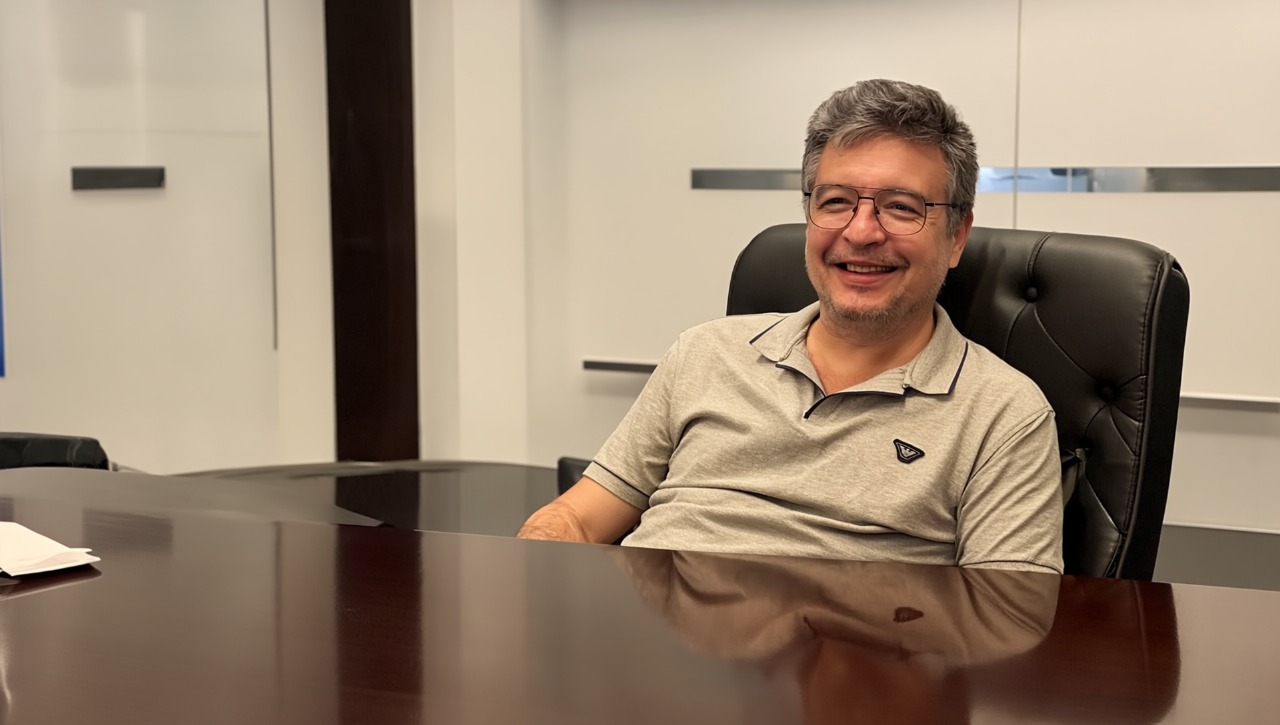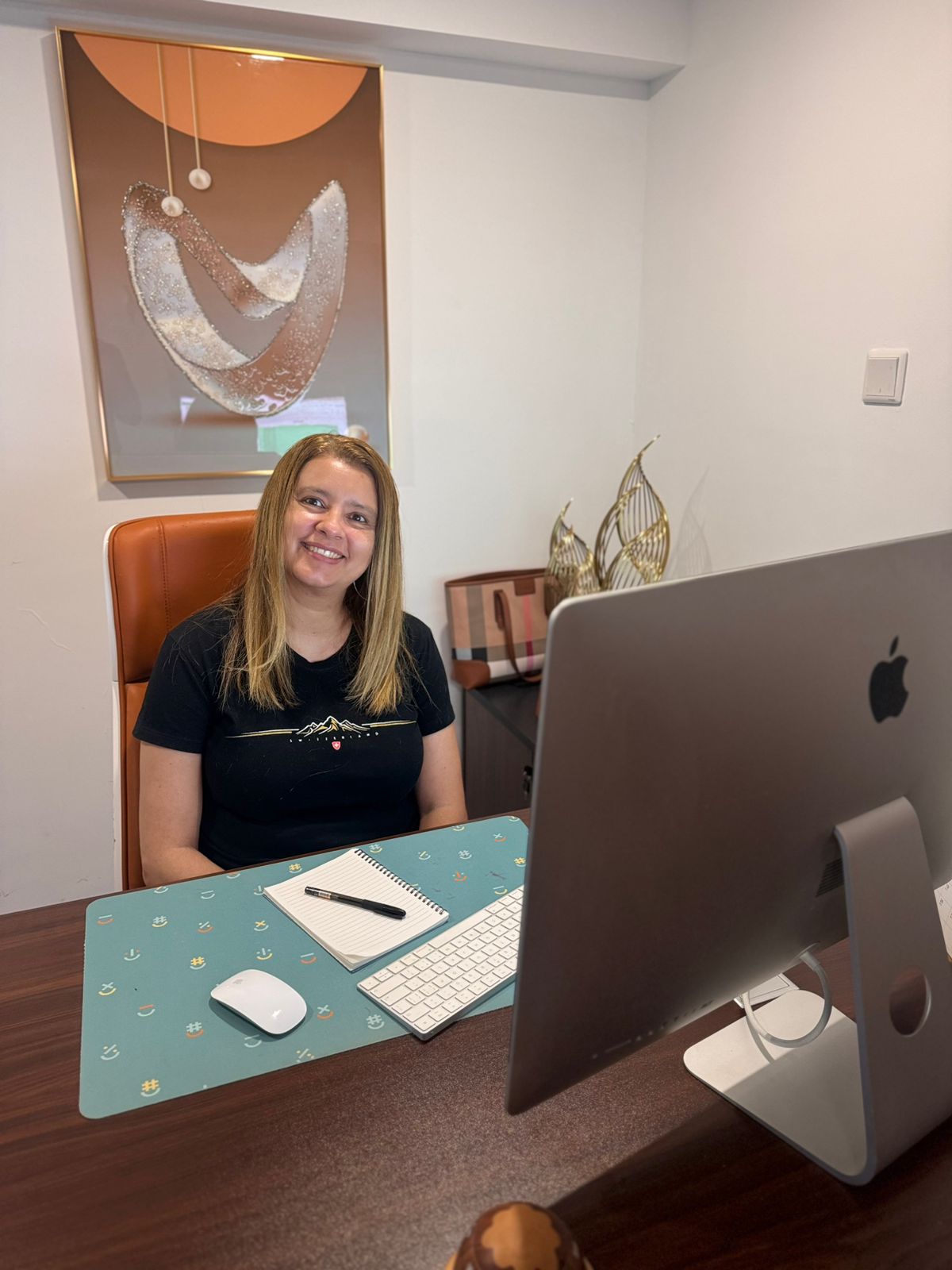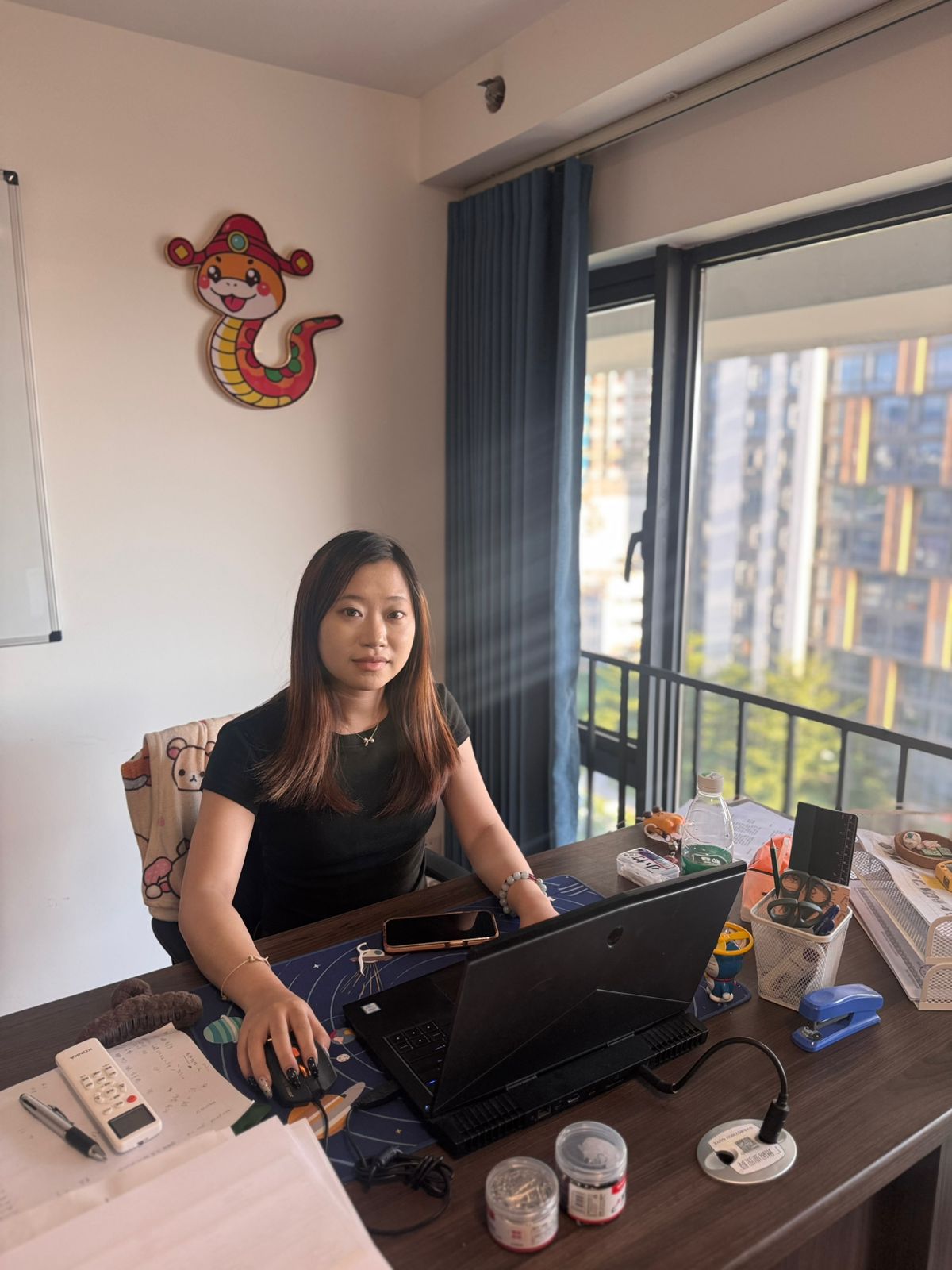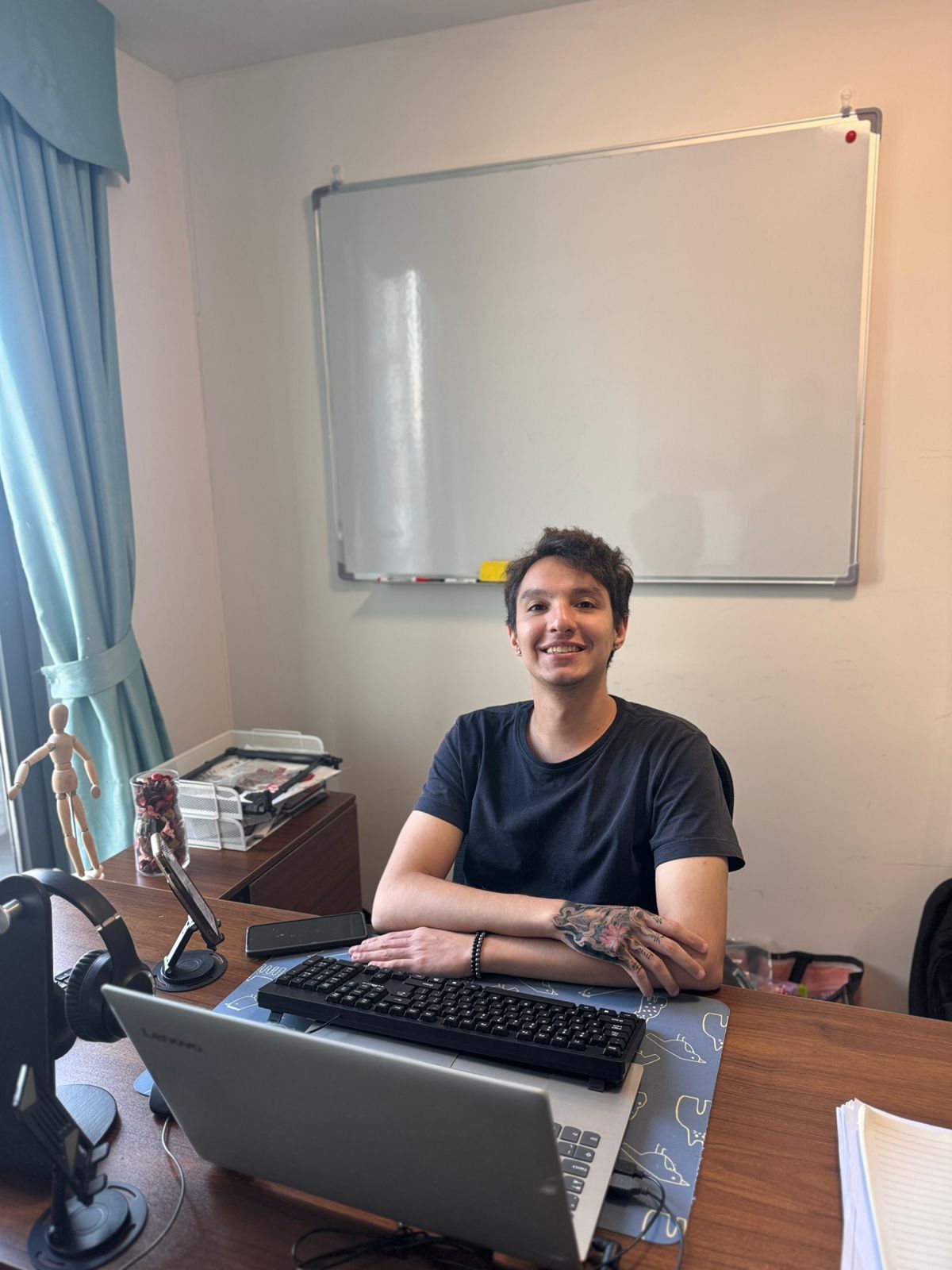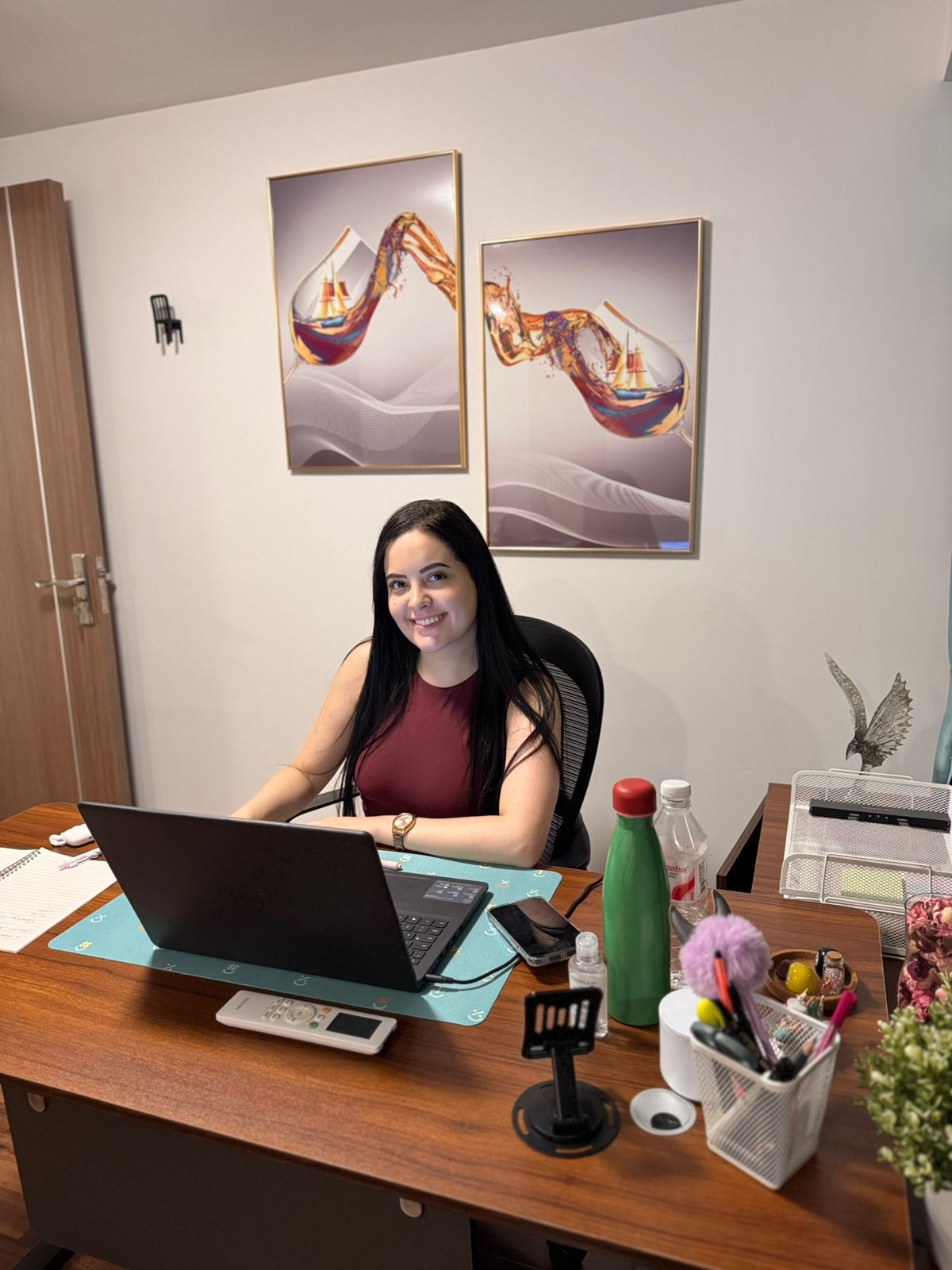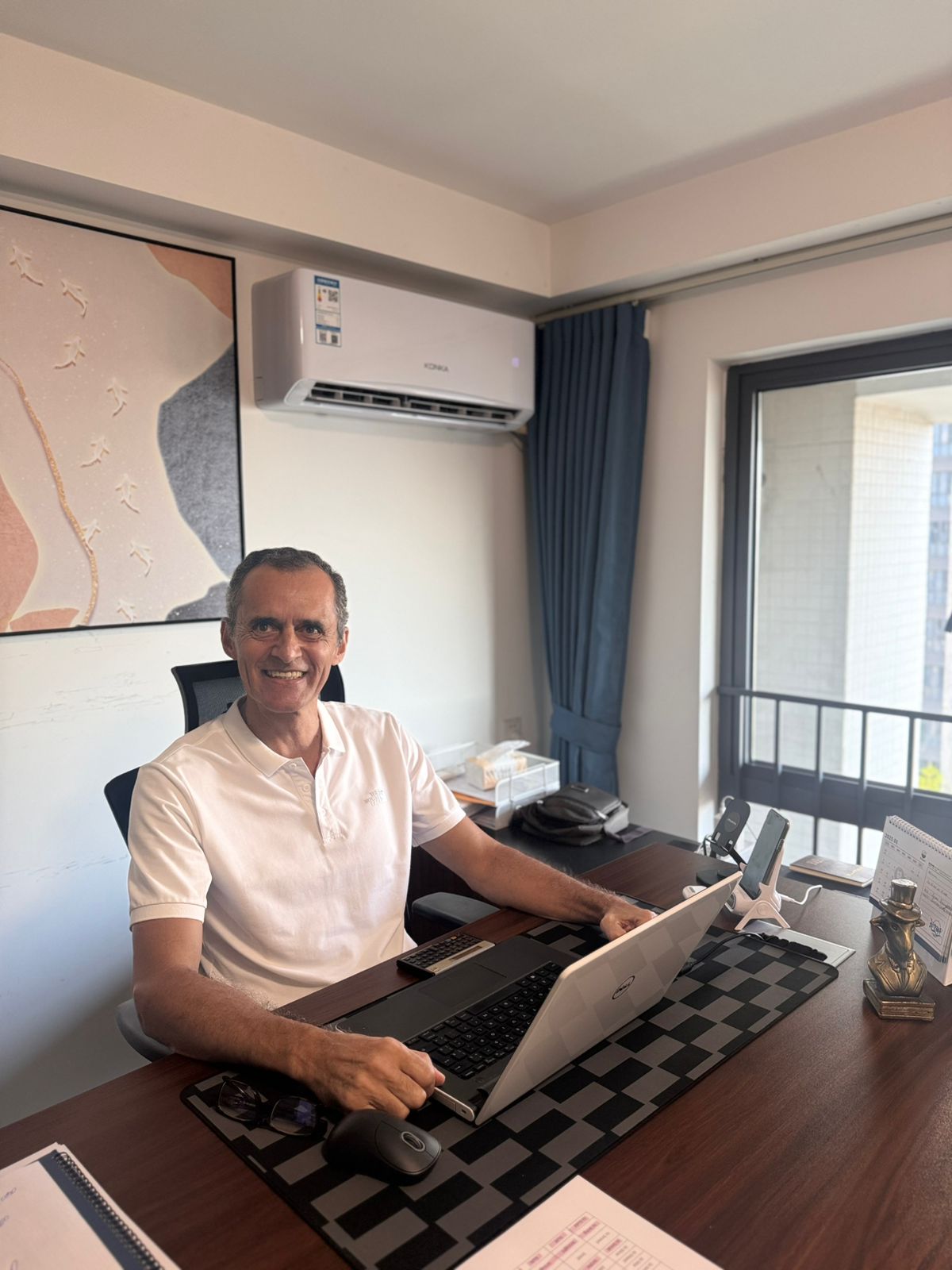From the first order to follow-up.
How does shared container (LCL) work with ShaRui?
We work with LCL (Less than Container Load) for those who don't have the capacity for a full container.
You can start with samples and pilots; when it makes sense, we'll share the container to
optimize shipping costs. On the platform, you can track the steps and estimated cost per m³/ton, as well as deadlines.
Is there a minimum order?
No. You can start with samples and pilots. The decision to consolidate loads and share containers is made on a case-by-case basis to balance freight, risk, and deadline.
What are the steps in the process — from ordering to delivery?
1) Product definition + EN-ZH technical sheet →
2) Quote/negotiation with factory →
3) Samples (if applicable) →
4) Order + inspection (photos and videos) →
5) Shipment (LCL/FCL) →
6) Customs clearance (with prior estimate of taxes/expenses) →
7) Delivery.
Everything is tracked on the Platform (timeline, documents, alerts, and costs).
What is a bilingual technical sheet and why is it important?
Bilingual document with: photo/drawing, materials, measurements, tolerances, packaging, and label.
Serves as a technical contract with the factory — reduces translation noise, stabilizes costs, and facilitates inspection.
How is the inspection carried out? What happens if the inspection fails?
We conduct a sample inspection with photos and videos. If the product fails, we arrange repair or reprocessing with the factory.
The goal is to avoid surprises upon arrival. Everything is recorded on the platform.
How much will I pay? Do you advance taxes and expenses?
Yes. Before placing your order, you receive a transparent estimate of: II, IPI, PIS/COFINS-Import, ICMS, AFRMM,
stevedores, warehousing, shipping, etc. It's an estimate, as exchange rates and tables vary, but it helps you make a confident decision.
Which Incoterms do you work with? What do you recommend?
We work with EXW, FOB, CIF, and DDP (in some cases). In general, FOB provides good control
over shipping and insurance; EXW may make sense for suppliers without logistics expertise. We evaluate each option on a case-by-case basis.
What are the typical deadlines (production, transit and clearance)?
Varies by category, but as a guide: production 15–45 days, maritime transit 30–45+ days,
customs clearance 3–10 business days. We have 48 hours to visit the factory in the region of operation and alerts on the platform.
How do you handle certifications and standards?
We validate regulatory requirements from the specification stage. If the product requires certification/registration, we coordinate scope and laboratory requirements prior to ordering, including testing, sampling, and documentation in the schedule.
What can I track on the Customer Platform?
Timeline by step, loading checkpoints, documents (invoice, bill of lading, bill of lading/AWB, reports), estimated costs with calculation memory, alerts and deadlines, and access by profile/area with audit trail.
